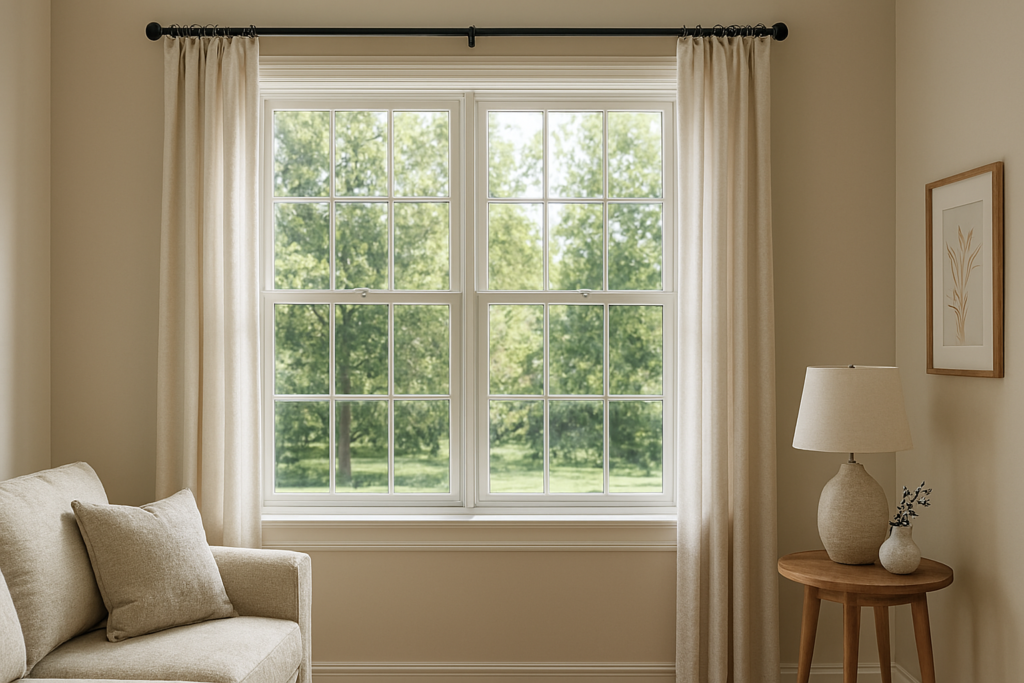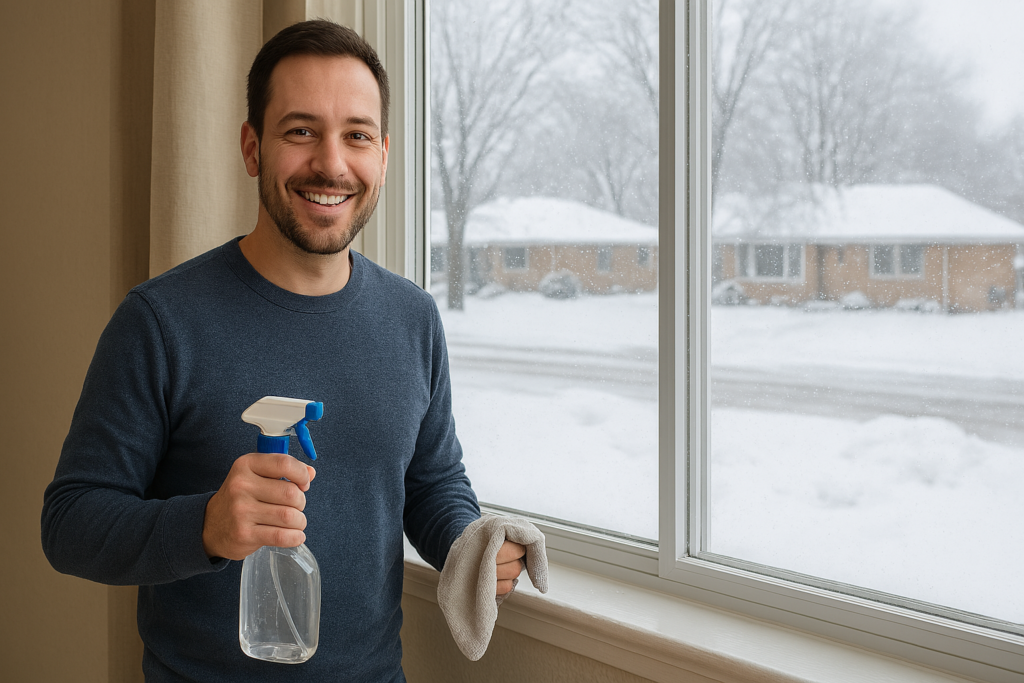
Why are There No Prices on the Website, and Why is this Good for the Customer?
Many customers visit our website looking for specific prices for window repairs or glass replacement and are surprised to find
We use cookies to enhance your browsing experience. By continuing to use this site, you agree to our Cookie Policy, Terms and Conditions, and Data Privacy Rights.

Many customers visit our website looking for specific prices for window repairs or glass replacement and are surprised to find

Rotten Window Repair Company has been repairing and installing various types of American windows for over 10 years. Each of

Winter has arrived in the Chicago suburbs. We have already enjoyed the first snowfall and celebrated the warm holiday of

Despite the cold wind, your windows tell stories in the bright light of festive garlands. We don’t just repair them

Psychologist: — Hello. What’s troubling you? Rotten Window Repair: — Doctor, we don’t understand this world. People have rotten wooden

Rotten Window Repair Company, with its office in Plainfield, provides its services in more than 30 areas. Today we want

An unusual order for us On a black-black planet, in a black-black city, on a black-black street stood a black-black

At Rotten Window Repair Company, we take glass seriously. Choosing the right materials isn’t just a technical decision — it’s

How to Prepare a Home for a Party (Without Wrecking Your Windows)? Every season gives us a reason to throw

Selling a house is not an easy task: spring cleaning, moving stuff, minor repairs, finding reliable movers, realtors, lawyers… It’s

By Rotten Window Repair Company — Your Trusted Glass Experts in Chicago suburbs! When it’s time to replace a window

If you decide to stroll the cozy streets of Hinsdale, you’re sure to notice the historic character of this western

Storm windows are a useful solution for protecting and insulating old windows. Let’s discuss what they are, why they are

Wooden windows are a popular choice for many homeowners. Wood, being a natural and renewable material, does not emit harmful

We are Rotten Window Repair Company — professionals in the field of glass replacement in Chicagoland. Today we want to

Time of reading the article: 7 minutes If you’re wondering “How can I extend the life of my windows/patio doors?”,

We strive to create a clear understanding of all our work processes and window nuances with our customers to help you make decisions easily. Our team of experts share knowledge about various aspects of window repair, from problem diagnosis to choosing between window repair and window replacement. We are confident that by providing comprehensive information, we not only help you better understand what is required to make your windows function better, but also help you feel comfortable with your choice of services, whether it’s window repair, glass repair, hardware repair or window replacement. Together we will ensure the longevity and functionality of your windows!

Specials from Rotten Window Repair!
With Christmas and the New Year just around the corner, Rotten Window Repair is delighted to show our appreciation to our customers by offering special holiday discounts on our services. For a limited time, you can enjoy:
• 10% OFF all window repair and glass replacement services
• FREE estimates and inspections for your home windows and patio doors

Don’t wait for the holiday rush to pass — take advantage of these Christmas and New Year offers from Rotten Window Repair and welcome the new year with safer, warmer, and more beautiful windows.